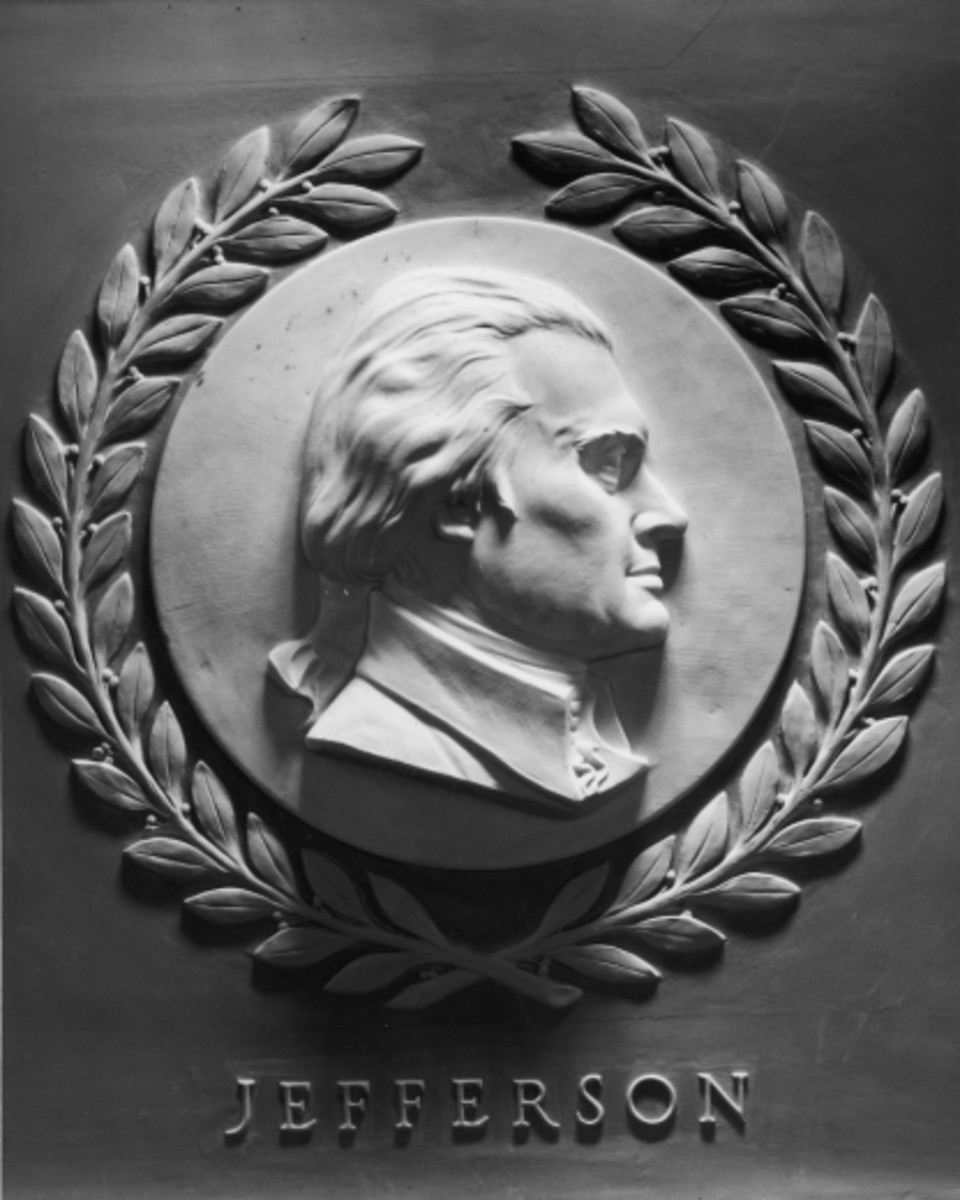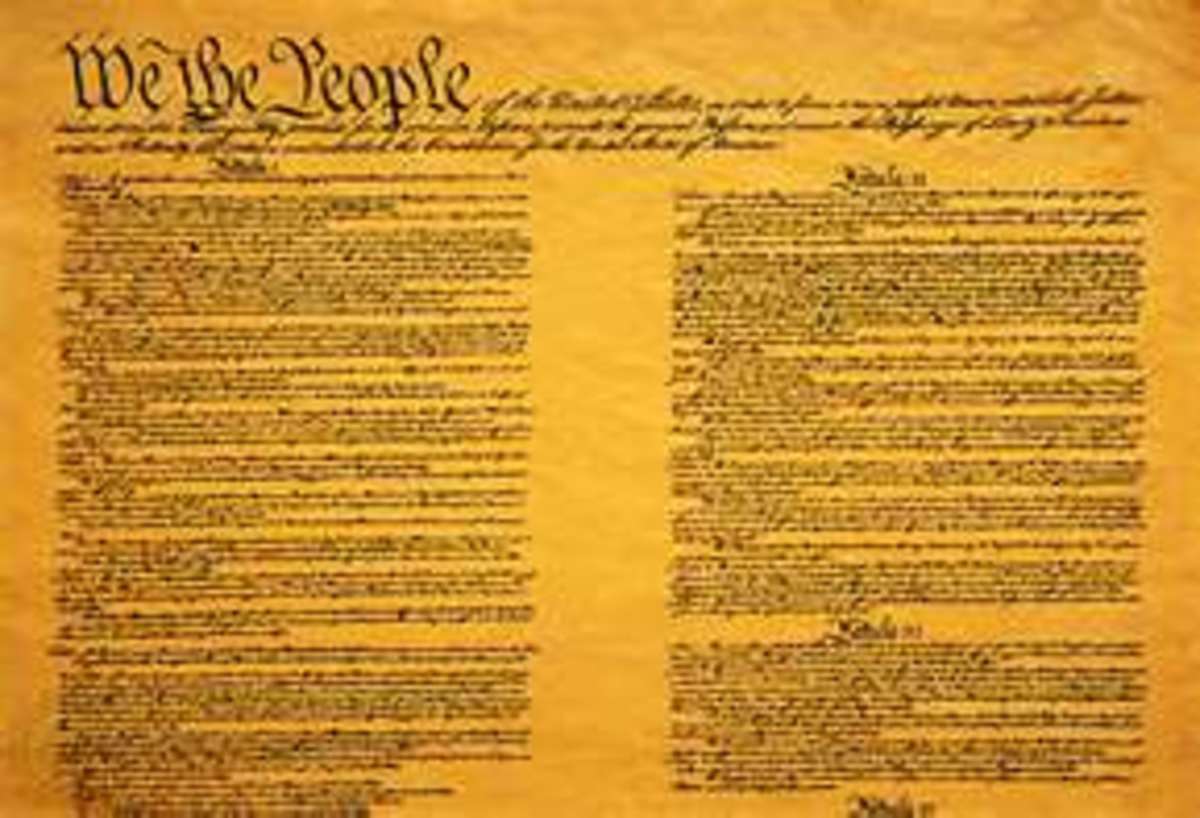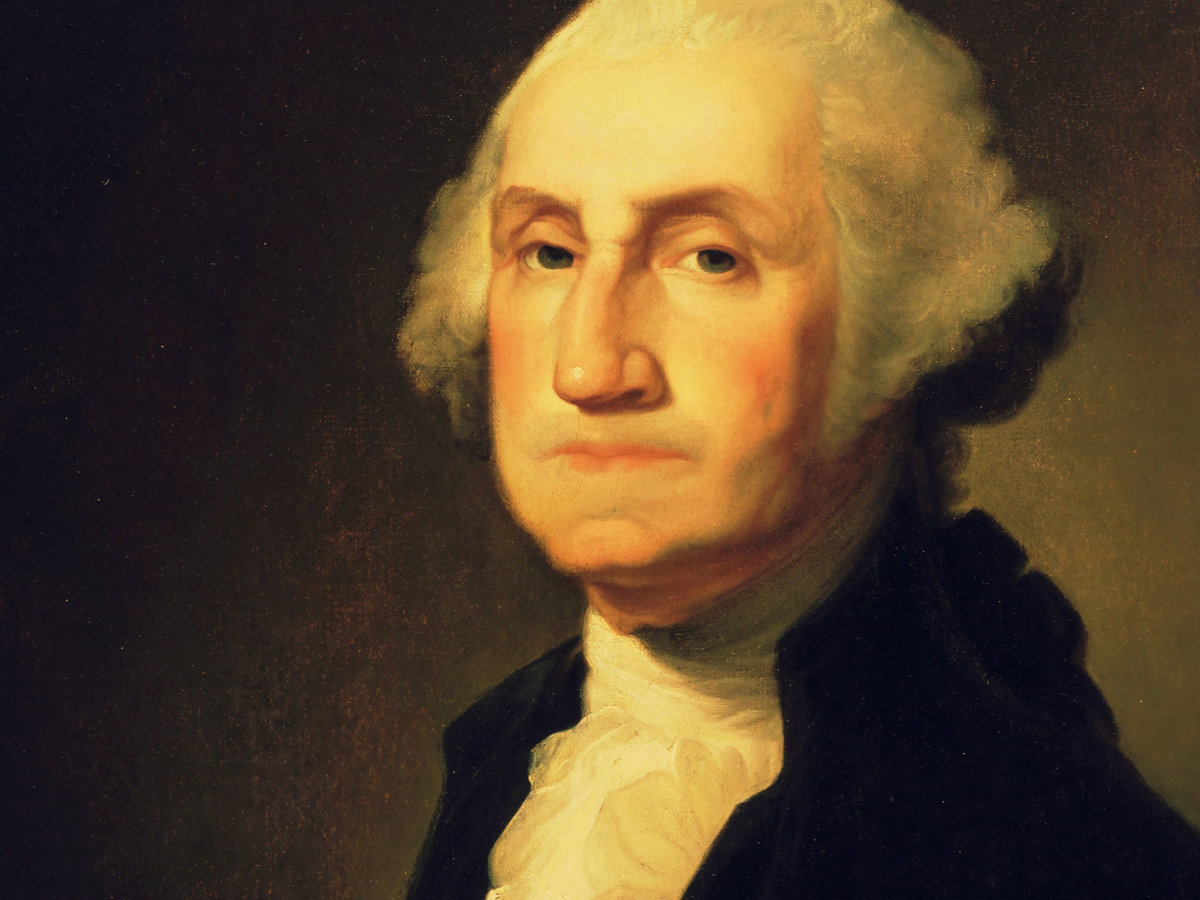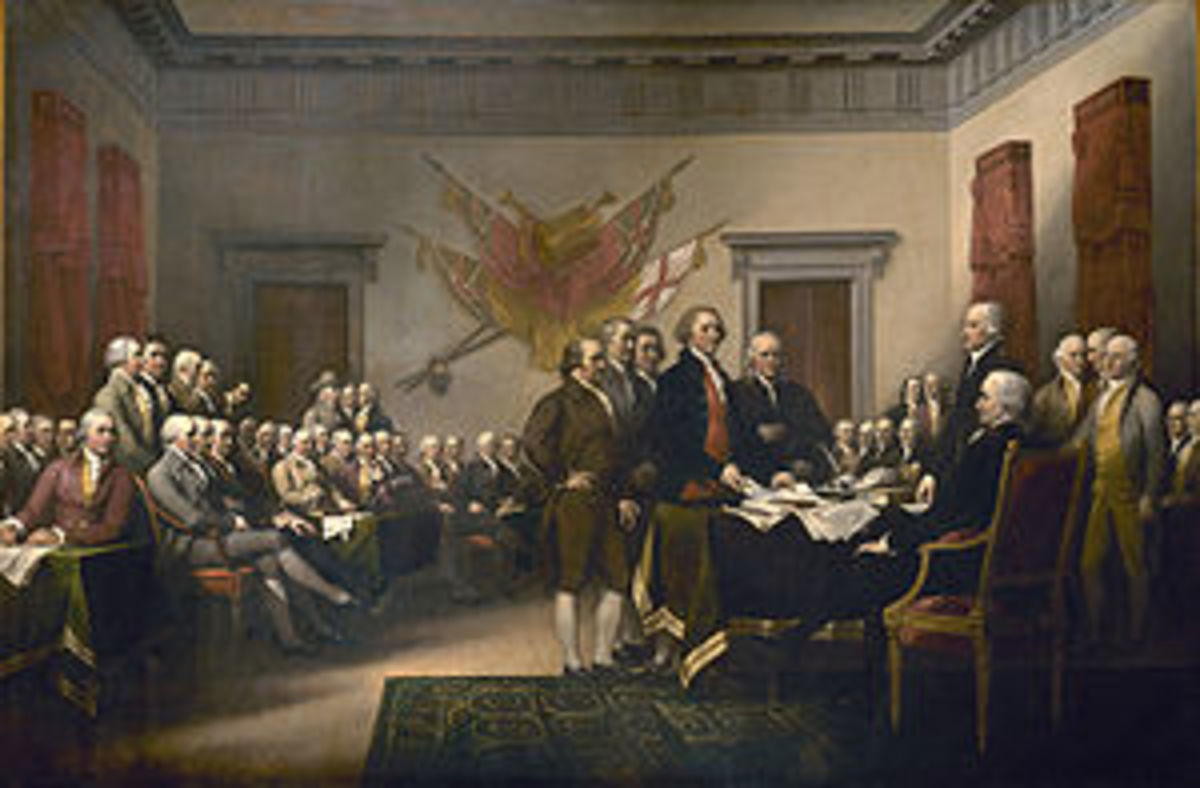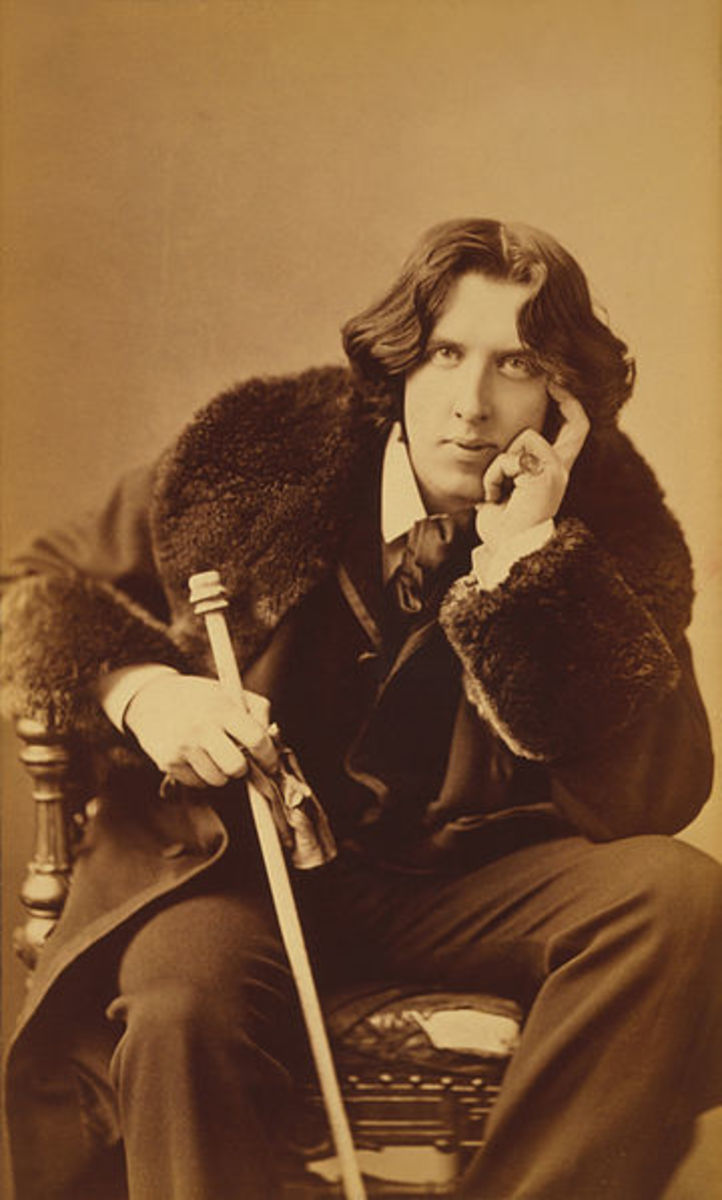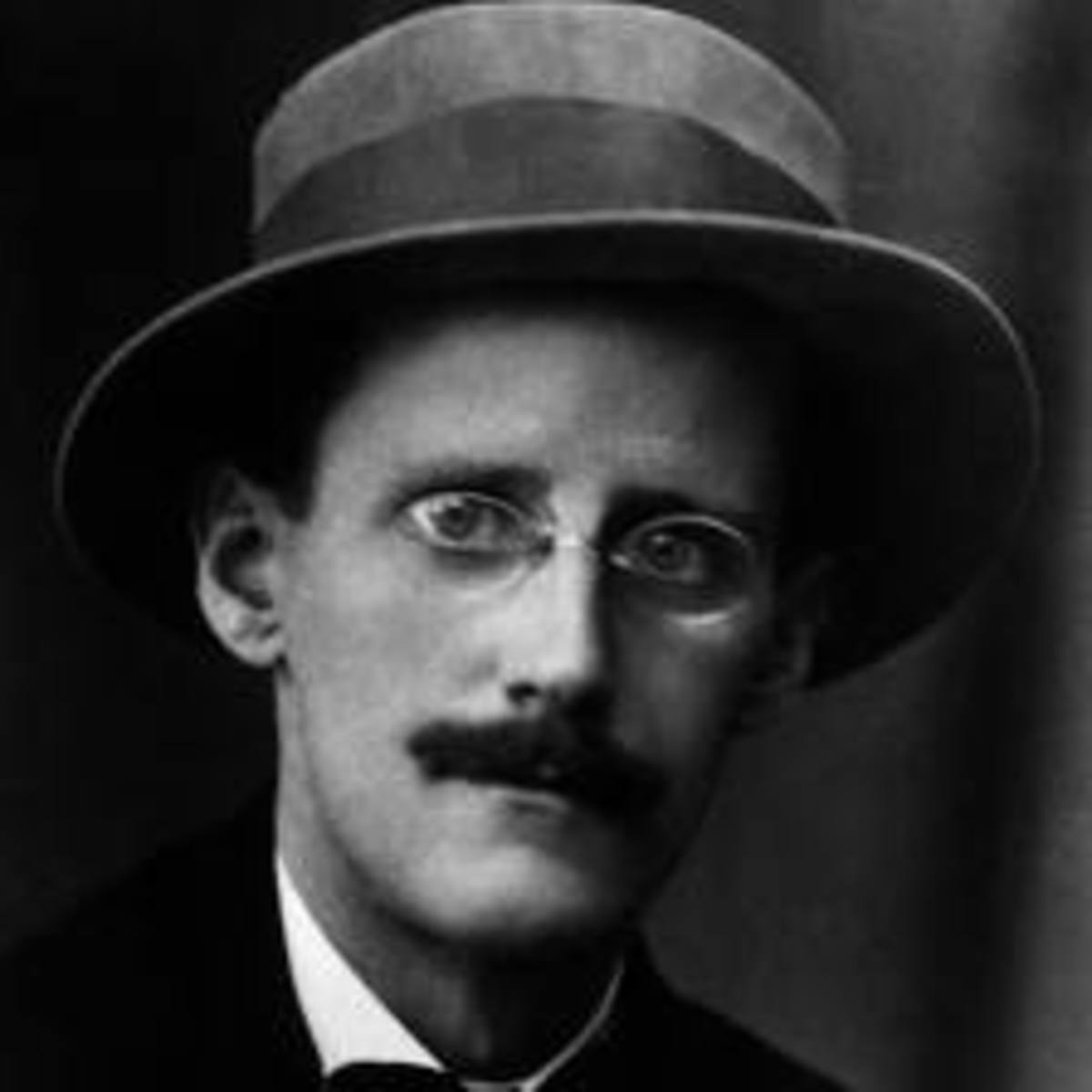ScottsWritings
Bible Dust
by
scott remy, 2011
Which lasts longer? A look or a glance?
Which is the better? By luck or by chance?
Is there really a difference between better and best?
Do they really matter or do we leave them to fest?
I often wonder about what is right and really right
As if there’s a gauge well within sight.
I want to know truth, so I look with my mind
At all the things I see and what do I find?
I know many things that seem to be true,
Am I looking with my mind all askew?
Things I can hold and touch and smell,
Are they true or just some wizard’s spell?
Of all my travels and without moving,
I see what looks real, but what am I proving?
Are looks the meter we use to find verity?
Maybe I need more mental dexterity.
I have read somewhere, but escapes me it does,
That truth is not what appears but is what ‘twas
Right all along but always avoided my grasp
Until I remembered a certain book with a gasp.
On the shelf, all dusty but chaste,
I read once of truth that promised foretaste
And pushed it away for I could not fathom,
The promise, I knew, would lead to a chasm.
To trust in this truth, what would I deny,
Like the sight of a mackerel sky,
With clouds I can see but were forbidden,
To see if they’re real or just not hidden.
Truth, it eludes and tempts a mortal being
The way dreams continue their desperate fleeing,
As if it never, ever surely existed,
Like the touch of a tree thrown and twisted.
So, back to this book all dusty and chaste,
I think therein lies more truth in its taste.
The pages open like a crinkling door,
Truth, like lightening brings me to the floor.
I see something old as if it were new,
A brand new chance to know what to do.
It surrounds me so that visibility is lost,
Why have I never seen or derived its cost?
All along sitting and wasting away,
Right here in my study I can see an array,
Of what truth means as if planted by God,
It’s effortless to see the vision of Aaron’s rod.
Were these words here all along or just appeared
When I looked this time to truth have I heard
About what truth is and what it is not.
What verily is the truth I forgot?
Obligations to the Lord kept in secret to those
Who never understood the truth that we chose
Is more than a myth but therein lies the truth
Of a God that loves his fountain of youth.
The Kingdom belongs to children like these.
They see with the eyes like those on bent knees.
Jesus is Lord is what I have found,
The God-man justly worthy to be crowned.
Now let’s look back to my initial petition,
Since I’ve found the original tactician.
A look or a glance? By luck or by chance?
Our Jehovah gives his payment in advance.
His Grace abounds like a loving caress,
His truth is Eternal, nothing more, nothing less.
Verity, after all the answer was easy to find,
Look in the Book that brings me peace of mind.
***************************************************
HEAVEN ON EARTH
scott remy, 2009
Published November 2009, Menassaince: The Literary Journal For Men
The battle-hardened 101st Special Operations Combat Unit advanced cautiously towards there objective unnerved by the sudden peace and quiet. They knew the fight wasn’t over. So much violence couldn’t end so quickly.
They advanced one man at a time staying in safe havens just long enough for another to stalk forward. It was their duty to clear the village they had just attacked so their fellow soldiers wouldn’t die.
The peace and quiet was eerie. The few sounds that could be heard echoed down the valley to the village.
Sgt. Burrows was a seasoned combat veteran who’d been fighting his country’s enemies in many lands. He knew the enemy didn’t just stop fighting. There were always counter attacks that continued until the enemy faded away intending to fight another day. He sure wasn’t going to be tricked by this new tactic. Fierce battles don’t just end like theirs just did.
“Lock-and-load” Sgt. Burrows ordered.
He’d fought through traps like this before. Many soldiers had died walking into “peaceful” villages. He wasn’t going to make that mistake.
“Corporal Chase”, Burrows whispered. “Move-up and get a better look.”
Chase glanced at Burrows with fear in his eyes, but shook it off and moved forward. Chase looked for signs of the enemy but couldn’t see a soul.
Burrows signaled Chase to move closer to the village. Chase saw a bombed stone wall that would afford him cover and ran sliding in behind the wall. He peaked-up over the wall leading with his weapon.
Chase dropped down in confusion and looked over to Sgt. Burrows. He couldn’t understand what he saw. It was nothing that he expected.
He saw about a dozen men and women dressed in ancient desert garb with their backs to him facing a bombed-out wall. They gave no indication they cared about him, his advancing unit, or anything else on Earth.
Chase signaled for Sgt. Burrows to come forward.
Sgt. Burrows moved his unit forward deploying them in a defensive perimeter behind the wall. They could see Chase was confused making them nervous and hair-trigger dangerous.
While the unit was settling in around the wall, Sgt. Burrows crawled over to Chase to assess the situation and plan the attack. Chase motioned for Burrows to take a look. When Burrows looked over the wall what he saw was a peaceful gathering of villagers looking at something that he couldn’t make out. None of them acted suspicious nor did they seem the least bit concerned about his units advance.
Sgt. Burrows stared at the villagers in disbelief. Moments earlier they were fighting them with gunfire, mortars, and rocket propelled grenades. Yet now there was a feeling of peace and well-being.
Thoughts flooded Sgt. Burrow’s military mind. His first priority was to close with and destroy the enemy. His second was to make sure his unit returned to the evacuation point with the same number and in the same condition.
Sgt. Burrows was confused by what he saw. The villagers didn’t act like they were just at the receiving end of his unit’s combat power.
Burrows was sure it was an ambush. But, what if he was wrong?
Burrows knew the liberal press was poised to report any mistakes no matter how innocently they were made. The death of soldiers didn’t make the news as much as the death of civilians caught between warring forces. Burrow’s Commanding Officer made it perfectly clear he didn’t want any press reports of his unit “wantonly slaughtering innocent civilians” even if the “innocent civilians” were their enemy trying to slaughter them.
Sgt. Burrows decided to take one more look to make sure the situation wasn’t dangerous. After another look for assurance, Burrows walked around the end of the wall and emerged, fully exposing himself to the enemy. After waiting for all hell to break loose, and feeling relieved that it didn’t, he advanced on the crowd. Approximately twenty feet in front of him he could see the crowd facing away from him towards a war-torn stone wall.
Burrows signaled his men to move forward. With some hesitation and confusion they stood up and advanced on the crowd ready to blast away at any sign of danger.
The men moved closer then froze when a man in the crowd turned and smiled at them. He showed absolutely no concern about the lethality or potential danger he was facing. He continued to smile waving Sgt. Burrows and his men over. He looked like he wanted to share a wonderful thing with them but was so excited he couldn’t express himself with mere words.
As they neared, the crowd parted encouraging the soldiers forward.
Reaching the wall the soldiers froze in disbelief. One by one they lowered their weapons and felt more peaceful than any other time in their lives.
Everyone’s attention was fixed on a small carved out hollow in the wall that was like a small cave.
“It’s a miracle.” Sgt. Burrows whispered.
The men knew this was no longer a war-torn village but a place sanctified by a scene from the Bible
A man and a woman were caressing a small baby beside a manger. The man spoke in Hebrew the same sentence several times. Sgt. Burrows asked another man what he was saying and the man, with a wide smile said, “We shall call Him Emmanuel. For God is with us.”
*******************************************************
Cherish Brevity
A gentle mist appears and in slow motion,
We see each droplet and follow it's maze.
First it rises, and reaches its peak,
Begins falling, fading, towards the last days.
As it drops it thins, but I see colors,
Like a scattered rainbow, gently drifting.
It enjoys its stay, as if life depended,
Maybe so, like a heavenly gifting.
Fading quickly, its life seemed so brief,
But in its moments, beauty, love and some leaven.
Just a few droplets left as it reaches out to the ground,
I awake, astonished and find myself in Heaven.
by scott remy 2009
******************************************************
The Trusting
by Scott Remy
A True Story
The mailman continued on his route filling in for the regular guy on his day off. Down Oak Tree heading for Southern Hills inside of a prestige golf country club where major tournaments are held once a year, but that isn’t important here. As he enters Southern Hills he begins to feel an intense burning pain in his left shoulder. He ignores it for as long as he can and pushes onward until the pain makes it impossible for him to lift his arm.
Without a mailman’s left arm, he cannot finger and gather the mail to transfer to his right hand and deposit it into the roadside mailbox. He has a decision to make. Does he continue delivering with the pain which is now unbearable or does he return to the Post Office and have to explain to his supervisor why he could not finish the last hour of the route?
You see, although he is a very good worker, he also speaks his mind much to the chagrin of his superiors. They suppose him to be a troublemaker but in reality, he is simply concerned that the right thing be done and everyone is treated fairly. Things that the managers find too difficult to handle because they have people to answer to as well, that are equally accountable to others and so on. So when his mind is spoken, he ends up getting privately reprimanded or a letter of insubordination put in his personal records.
So the decision is not as simple as it should be. Obviously in such great pain, he should return to the office and go to get the shoulder checked out at the expense of the Post Office. This decision is not so simple considering he knows the attitude that would await him. “He must be faking just to annoy us,” he can hear them saying in his mind. So, he presses on a little further but now at a much slower pace. The pain and agony now impossible to bear as he constantly tries to massage the pain from his shoulder but to no avail. In fact, the massaging actually causes more pain than relief.
He is nearly halfway down the right side of Southern Hills now and the end seems so far away now at the pace he has had to adjust to. Tears are being held back with all he has, in the event that someone comes out to the mailbox to greet him. The tears are for two reasons. The anxiety of failure leading to possible discipline and the pain of the burning that has rendered his left arm nearly useless. As he draws closer to the end of Southern Hills it finally occurs to him that there is someone that can help him with the pain in the shoulder.
He continues driving the vehicle at a slower pace and asks God to help him with what he is going through right now. He says, “Lord, I know you can make this pain go away if you would choose to. Please take this pain from me.” The Lord responds in his mind, “Oh, you know I can do this for you but you don’t know about the other things I can do for you.” He let’s the vehicle coast to slow down and realizes what God was talking about. He knew he has not trusted the Lord in all things, that he keeps trying to do things on his own and falling short. Tears start to fall down his cheeks as he says, “Your right Lord, I should have known that, please forgive me.”
As he reconnects his foot with the gas pedal and moving down the last street of delivery he notices that the pain has started to ease up. Slowly at first, then before he could think about it, the pain had completely left his shoulder and did not return.
How often do we get such quick results from prayer that there is no doubt that God hears us at the moment we pray. God knew that the answer needed to be quick for a couple of reasons. The Lord knew that Scott needed instant relief to finish his route and the quick response would also serve as a reminder that his Lord is always right there with him and hears his every prayer. He thinks, “Thank God for His promises and lean on them whenever I feel like falling.”
Joshua 1:9 (NASB)
9 "Have I not commanded you? Be strong and courageous! Do not tremble or be dismayed, for the LORD your God is with you wherever you go."
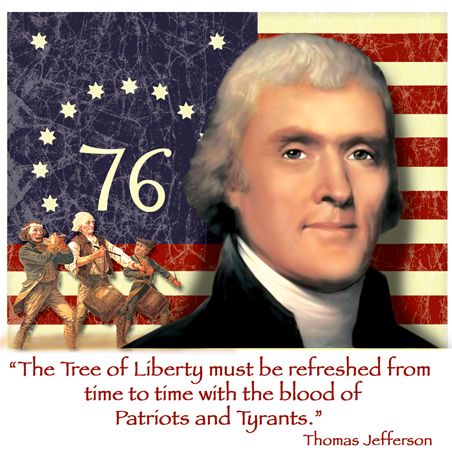
The Myth of Democracy
by
scott remy, 2011
In this paper, the argument will be made that what many Americans believe in, is that our form of government is a Democracy, when in fact, as stated in the Constitution, the United States is a Republic. This paper will mention terms like Democracy and Republic. Words like Democrat and Republican will be used, but these terms are not mentioned to describe any political party affiliations. Democrat or Republican politicians are not being discussed. The case being made is on the myth of which form of government the United States of America was established by the Founding Fathers.
It is of a priori importance to define the difference between a Democracy and a Republic. Miriam Webster dictionary defines Democracy as; 1. a government by the people; especially : rule of the majority; 2. a government in which the supreme power is vested in the people and exercised by them directly or indirectly through a system of representation usually involving periodically held free elections.(Miriam-Webster)
Use of the word Democracy as meaning merely the popular type of government--that is, featuring genuinely free elections by the people periodically--is not helpful in discussing, as here, the difference between alternative and dissimilar forms of a popular government: a Democracy versus a Republic. This double meaning of Democracy--a popular-type government in general, as well as a specific form of popular government needs to be made clear in any discussion, or writing, regarding this subject, for the sake of sound understanding.(lexrex)
A democracy is majority rule and is destructive of liberty because there is no law to prevent the majority from trampling on individual rights. Whatever the majority says goes! A lynch mob is an example of pure democracy in action. There is only one dissenting vote, and that is cast by the person at the end of the rope.(albatrus)
The definition of a Republic is: a constitutionally limited government of the representative type, created by a written Constitution and adopted by the people and changeable (from its original meaning) by them only by its amendment with its powers divided between three separate Branches: Executive, Legislative and Judicial. Here the term "the people" means, of course, the electorate.(lexrex)
A republic is a government of law under a Constitution. The Constitution holds the government in check and prevents the majority (acting through their government) from violating the rights of the individual. Under this system of government, a lynch mob is illegal. The suspected criminal cannot be denied his right to a fair trial even if the majority of the citizenry demands otherwise.(albatrus)
The people adopted the Constitution as their fundamental law by the use of a Constitutional Convention. Chosen by them for this sole purpose, to frame it for consideration and approval by them either directly or by their representatives in a ratifying convention, similarly chosen. These men were tasked to develop the form of government that would best suit their and this nations best interests. The debate was not a quick one. It took two months just to decide on a committee charged with the drafting of the Constitution.
On July 26, 1787, after two months of fierce debate over the structure and powers of a new federal government, the Constitutional Convention was ready to commit its resolutions to writing. Appointing a "committee of detail" to draft a written constitution, the Convention adjourned until August 6.(memory.loc.gov) The Constitution was finally ratified on July 2, 1788, with New Hampshire being the last state to vote for its ratification.
Why is the time it took relevant to the argument that the United States was formed as a Republic and not a Democracy? It is important to note because it shows what great thought, time and debate it required to establishing, for the people, the government that was best suited for the duration of these United States.
When people speak of America as a Democratic nation, they are incorrect if they are talking about the form of government that the Founding Fathers established for the people. Article 4, Section 4, Clause 1 states, “The United States shall guarantee to every State in this Union a Republican Form of Government, . . .” The Constitution offers no explanation as to what constitutes a republican government; however, the Federalist Papers give us an insight as to the intent of the Founders. A republican form of government is distinguished from a pure democracy, which the Founding Fathers wanted to avoid; as James Madison wrote in Federalist No. 10, "Democracies have ever been spectacles of turbulence and contention; have ever been found incompatible with personal security or the rights of property; and have in general been as short in their lives as they have been violent in their deaths."(www.archives.gov)
In total, the Federalist Papers consist of 85 essays outlining how this new government would operate and why this type of government was the best choice for the United States of America. All of the essays were signed PUBLIUS, (from the Latin, “public”) and the actual authors of some are under dispute, but the general consensus is that Alexander Hamilton wrote 52, James Madison wrote 28, and John Jay contributed the remaining five. The Federalist Papers remain today as an excellent reference for anyone who wants to understand the U.S. Constitution.
In Federalist Papers: No. 10, James Madison concluded that, “Hence, it clearly appears, that the same advantage which a republic has over a democracy, in controlling the effects of faction, is enjoyed by a large over a small republic,--is enjoyed by the Union over the States composing it. Does the advantage consist in the substitution of representatives whose enlightened views and virtuous sentiments render them superior to local prejudices and schemes of injustice? It will not be denied that the representation of the Union will be most likely to possess these requisite endowments. Does it consist in the greater security afforded by a greater variety of parties, against the event of any one party being able to outnumber and oppress the rest? In an equal degree does the increased variety of parties comprised within the Union, increase this security. Does it, in fine, consist in the greater obstacles opposed to the concert and accomplishment of the secret wishes of an unjust and interested majority? Here, again, the extent of the Union gives it the most palpable advantage. In the extent and proper structure of the Union, therefore, we behold a republican remedy for the diseases most incident to republican government. And according to the degree of pleasure and pride we feel in being republicans, ought to be our zeal in cherishing the spirit and supporting the character of Federalists.”(avalon.law.yale.edu)
Thomas Jefferson called the collected essays written by Alexander Hamilton (1755-1804), James Madison, and John Jay (1745-1829), the "best commentary on the principles of government which ever was written." Jefferson, like many other contemporary Americans, tried to determine which essays had been written by each of the three authors.(foundingfathers.info)
It was clear that the Founding Fathers did not favor a Democratic form of government because of the danger that could arise from this type of government as to relating to private security and the rights to own property. The fact that such a government establishes a majority that rules unchecked was to be avoided for this new nation.
I believe it can be argued that our government has attempted to enforce a Democratic agenda for many years because of all the disagreements pertaining to personal rights and the right to own property. Personal rights, such as gun ownership and the freedom to exercise ones religious expression, have become more relative and property rights have been eroded in many recent cases as people lose their property because of “the good of the people.” Federal law was never intended to override a state’s law as in the case of the United States Justice Department versus the State of Arizona.
One such case of eminent domain was Lucas vs. South Carolina Coastal Council 1992, the Supreme Court ruled that a South Carolina land use regulation deprived a coastal land owner of any possible economic benefit from his land. The land owner wanted to build homes on his land and was not allowed to according to the terms of the land use regulations, which were designed to protect endangered wetlands. The Court said that preventing Mr. Lucas from gaining any economic benefit from his land had the same effect as "taking" the land, and that, therefore, he was entitled to compensation according to the Eminent Domain Clause.(revolutionary-war-and-beyond.com)
The Kentucky Resolutions were drafted in secret by Thomas Jefferson and James Madison in the fall of 1798 to counter the perceived threat to constitutional liberties from the Alien and Sedition Acts. These federal laws limited naturalization rights and free speech by declaring public criticism of government officials to be seditious libel, punishable by imprisonment and fines. Jefferson's draft resolutions claimed states had the right to nullify federal laws and acts that violated the Constitution. The Kentucky Resolutions were passed, and the role Jefferson and Madison played in drafting them was kept secret throughout their years of public service.(www.loc.gov)
A Democratic form of government is a government of the masses with its authority derived through mass meeting or any other “direct” expression. This results in mobocracy and its attitude toward property is based on communistic-negating rights. The attitude toward law is that the will of the majority shall regulate, whether it be based upon deliberation or governed by passion, prejudice, and impulse, without restraint or regard to consequences. The result is demogogism license, agitation, discontent and anarchy. Democracy is the “direct” rule of the people and has been repeatedly tried without success.(albatrus)
Professor Alexander Fraser Tytler, nearly two centuries ago, had this to say about Democracy: “A Democracy cannot exist as a permanent form of Government. It can only exist until the voters discover they can vote themselves largess out of public treasury with the result that Democracy always collapses over a loose fiscal policy, always to be followed by a Dictatorship.”(conservativeforum)
Anything seem familiar to anyone? On Wednesday, August 3, 2011, President Obama had this to say about our government, “...Not change we can believe in next week. We knew this was going to take time because we've got this big, messy, tough democracy,"
This was an incorrect statement. It should have been, “...this big, messy, tough republic.” It’s all about language and the perception that people have about what is true and what is contrived, made by the people elected to serve this republic. This may seem like no big deal to most, but it is an important distinction when some consider our nation to be a pure democracy or the republic that the Founding Fathers clearly determined was the best form of government for these United States.
In contrast, a Republic derives its authority through the election by the people of public officials best fitted to represent them. Attitude toward property is respect for laws and individual rights, and a sensible economic procedure. Attitude toward law is the administration of justice in accord with fixed principles and established evidence, with a strict regard to consequences. A greater number of citizens and extent of territory may be brought within its compass. A republic avoids the dangerous extreme of either tyranny or mobocracy. This results in statesmanship, liberty, reason, justice, contentment and progress.(albatrus)
Writing to William Smith (1755-1816), John Adams' secretary and future son-in-law, Thomas Jefferson seemed to welcome Shays' Rebellion in Massachusetts: "God forbid we should ever be twenty years without such a rebellion . . . the tree of Liberty must be refreshed from time to time with the blood of patriots & tyrants. It is it's natural manure." Jefferson was confident that rather than repression, the "remedy is to set them right as to facts, pardon & pacify them."(www.loc.gov)
I believe what Thomas Jefferson was trying to say is that without an occasional righting of the course of a republic, the policies of a pure democracy could easily inch it’s way into the fabric of our nation. I believe such a movement has been going on for more than the twenty years that Jefferson warned us about and it appears that the time for a course correction may be approaching as parties have drawn lines in the sand as to how they believe this nation should proceed. Given the potential calamity of a pure democracy upon these United States, I am hopeful that we can once again restore the public discourse towards the original intent of our wise Founding Fathers. The Republican form of government they had decided, after much argument and deliberation, was best for the United States of America.
I Need To Solve My Writer’s Block
by
scott remy, 2011
A subject born out of desperation. What would cause someone who always has something to say suddenly have nothing to write? Since I appear to not be able to find some problem to solve, I thought it best to try to solve the problem I am facing now. It’s makes perfect sense to me. Let’s see where this takes us.
It has been said that the most difficult part of writing is the very beginning. Thinking that I have nothing to say. I am sure by now you have noticed that I am rarely speechless or lacking an opinion, but yet, I could not think of a subject to write about. I decided to look into what causes writer’s block and what are the solutions to this phenomena. (www.grammar.about.com)The American poet, William Stafford wrote, "There is no such thing as writer's block for writers whose standards are low enough. "What? I'm supposed to write junk? I need a good grade! I'm better than that!" (http://grammar.ccc.commnet.edu)
This is exactly where I find myself. Do I just throw something together and hope to get a passing grade? I do not seem to be in the position to put much thought into this project given the topics that stir me passionately. I initially gravitated towards subjects that have been pressing on my mind in recent years. I started out wanting to write on the cost of illegal immigration. I looked up the statistics and compared them to what we spend on legal citizens and thought that by leading the illegals out of the country would be a way to save $34 billion dollars per year in medical, education and subsidy expenses.
I then remembered that I already wrote a political paper and wanted to do something lighter. Since I was not able to think of something important to my life on a grand scale, I suddenly thought to myself. “I’m having a problem coming up with something to write about. Why is that happening to me now?” The solution to my problem came to me like a flash. That is the problem I need to solve. I hope to not make this some cheap attempt to fake a piece of literature but to get to the meat of this problem. I plan on doing some writing in the future and who knows, I may need to survive on being able to write in such a manner that people would be willing to spend disposable income as quickly as checking the time on their watches.
So what is writer’s block and how do we get past this hopefully temporary state of a loss of imagination and drive to produce words sewn together in a way that no one has done before in a fashion that is not only unique but has some stable effect in a world barraged with author’s peddling their words like a gold miner visiting the assayer.
Writer’s block is defined by the Free Dictionary as; A usually temporary psychological inability to begin or continue work on a piece of writing. Usually temporary! I was so happy to see those two words. I freely admit that I write by inspiration and would not enjoy learning that this loss of inspiration could potentially be permanent. The euphoria that I feel when I get an unplumbed idea and my imagination picks it up and runs like the wind is perhaps the greatest feeling I have experienced beyond those of my deity. I have something to say and someone should want to hear it.
I got a kick out of dictionary.com’s definition because I knew my teacher would hopefully see the error in the meaning as written. They called it, a usually temporary condition in which a writer finds it impossible to proceed with the writing of a novel, play, or other work. Unless I am mistaken, the proper way to say the same thing would be to eliminate the words novel and play and simply call them, any written work. If I am incorrect, I am sure I shall soon find out.
It was apotropaic that I stumbled upon a few quotes from author’s who have described writer’s block. Here are a few I found most helpful.
- "The easiest thing to do on earth is not write."(William Goldman)
- "The secret of getting ahead is getting started. The secret of getting started is breaking your complex overwhelming tasks into small manageable tasks, and then starting on the first one."
(Mark Twain) - "Never stop writing because you have run out of ideas. Fill the lacunae of inspiration by tidily copying out what is already written." (Walter Benjamin)
- "People have writer's block not because they can't write, but because they despair of writing eloquently." (Anna Quindlen) This one was a favorite of mine. The one that was very appropriate for my particular difficulty. (www.grammar.about.com)
So where do I search for a solution? I tried many places and used up some brain cells pondering and I took a ride on the information highway. I found some wonderful ideas on how to work out the problem of writer’s block. These are some of the best ideas I located to help release the torture of which I am suffering.
- Talk to a monkey - Explain what you’re really trying to say to a stuffed animal or cardboard cutout. I can remember my days as a letter carrier and amateur theologian. When you drive around in a mail truck alone all day, you seek input or output. I would use both. The input was easy, talk radio. The output was making speeches to the mail. I could eloquently give any speech you could imagine in the privacy of my mail truck. I often wish I carried a recorder with me and once I did so but it didn’t work. I found myself talking about such minutia that the batteries died from a lack of use rather than overuse.
- Do something important that’s very easy - Is there a small part of your project you could finish quickly that would move things forward? This makes perfect sense. Like building the ends of a puzzle before you get to the big picture.
- Try free-writing - Sit down and write anything for an arbitrary period of time—say, 10 minutes to start. Don’t stop, no matter what. Cover the monitor with a manila folder if you have to. Keep writing, even if you know what you're typing is gibberish, full of misspellings, and grammatically psychopathic. Get your hand moving and your brain will think it’s writing. Which it is? See? I am skeptical about this one but I am willing to try anything once. Maybe I’ll just move it down the list a little.
- Take a shower; change clothes - Give yourself a truly clean start. I’ll be back in 15 minutes.
Okay, much better. I think I just found the best place to think.
- Get away from the computer; Write someplace new - If you’ve been staring at the screen and nothing is happening, walk away. Shut down the computer. Take one pen and one notebook, and go somewhere new. I’m not sure how well this would work for me personally because I do not like to write by hand. I am quite uncomfortable with it. This could be the reason I find the computer so valuable to me. I could never go back to writing by hand because I have forgotten how to write in cursive style. I print everything and do not care if all the letters are capitals or not.
- Add one ritual behavior - Get a glass of water exactly every 20 minutes. Do pushups. Eat a Tootsie Roll every paragraph. Add physical structure. I scoffed at this one as I read it but it now sounds like a great idea. Something that does not involve writing as a routine while you are writing. They are like mini-breaks and tension breakers.
- Listen to new music - Try something instrumental and rhythmic that you’ve never heard before. Put it on repeat, then stop fiddling with iTunes until your draft is done. I’ve never thought about listening to any music while trying to write but my iTunes is now on and I feel a more soothing environment. One that I am more familiar with. I think this one will work for me.
- Make a pointless rule - You can’t end sentences with words that begin with a vowel. Or you can’t have more than one word over eight letters in any paragraph. Limits create focus and change your perspective. I never would have thought of this one on my own so now my creativity is in question. I think I will try this intentionally in the future because I can see how my focus could be narrowed and defined.
- Work on the title - Quickly make up five distinctly different titles. Meditate on them. What bugs you about the one you like least? This one strikes a chord with me because the story I had published was, what I considered, over edited. The part that struck me first was that the title was changed. I liked my original title because it was more subtle. I guess subtle was not what the publisher was looking for.
- Write five words - Literally. Put five completely random words on a piece of paper. Write five more words. Try a sentence. Could be about anything. A block ends when you start making words on a page. Since I mentioned that I write by inspiration, this may be a way for me to write with more purpose. I can appreciate how random words could lead to specific thoughts.
On the other hand, remember Laurence Olivier.
One day on the set of Marathon Man, Dustin Hoffman showed up looking like shit. Totally exhausted and practically delirious. Asked what the problem was, Hoffman said that at this point in the movie, his character will have been awake for 24 hours, so he wanted to make sure that he had been too. Laurence Olivier shook his head and said, “Oh, Dusty, why don’t you just try acting?” So, when all else fails, just try writing. (www.43folders.com)
Olivier makes it sound so easy but I can relate to Dustin Hoffman on this one. When we write with a particular goal in mind, how does, “just try writing/acting” work? I am sure there will be times when this advice will work out just great for me but when given specific limits on subject and goal, the playing field gets a little changed. Since I am still just an amateur writer, who am I to say what works and what does not.
What I found most interesting while researching writer’s block was that many of the sites had very similar advice for the lost writer. The ones that are listed here are generally accepted in many corners of the area of writer’s block. This leads me to the assumption that there is something to the list I cited. The cure is not just a shot in the dark, but a proven set of techniques that have apparently been tried and found successful. This is very encouraging especially because I have never tried them before and it puts a whole new set of tools in my belt that I can reach for when this problem arises again.
I would love to be able to just write endlessly when I am overfilled with thoughts to drench the pages of my word processor. There are going to be many more times when the well will feel dry and I am going to lean on what I have learned though the process of this paper to know how to dig a little deeper and try the techniques that others have used and now pass on to others.
I have mixed feeling on this presentation now having gone through the process of researching writer’s block. I wonder what I could have produced had I reversed the journey I followed and solved my writer’s block and then wrote on something with more teeth. Something that drives my passion. I will take much away from this experience and the next time I arrive at this stop sign, I will know how to continue by knowing how to venture forward.
Happy tales(sic).


